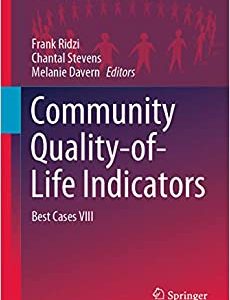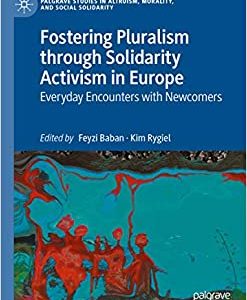As the world economy is liberalized, and national economies become more intertwined, the national decision making of states is also increasingly interdependent, and it has become vital for non-governmental organizations to create an international agenda. This title is an important study of what makes such organizations successful on an international level. The focus is on trade unions, as a key international group of NGOs. It asks whether a global system can be designed to stimulate countries to observe a set of minimum or core standards. It explores three important questions: how have unions attempted to influence the debate on the inclusion of minumum labour standards in the WTO agreement?; what accounts for their success or lack of success?; and what conclusions, with respect to the effective behaviour of trade unions in the construction of international policy, can be drawn from these experiences? In exploring these questions the text looks at social clause debates within a number of international bodies: the ILO, OECD and the EU, and within two countries: the USA and India.
-65%

Learning to Teach, Teaching to Learn: A Guide for Social Work Field Education, 3rd Edition
$55.00 Original price was: $55.00.$19.25Current price is: $19.25.

Gender Inequalities: GIS Approaches to Gender Analysis
$95.00 Original price was: $95.00.$33.25Current price is: $33.25.
Trade Unions and Global Governance: The Debate on a Social Clause (Routledge Studies in Employment and Work Relations in Context)
$66.45 Original price was: $66.45.$23.26Current price is: $23.26.
Please note this is an Ebook, not a Paperback Or Audio Book!
SKU:
978-0826456595
Category: Ebooks









